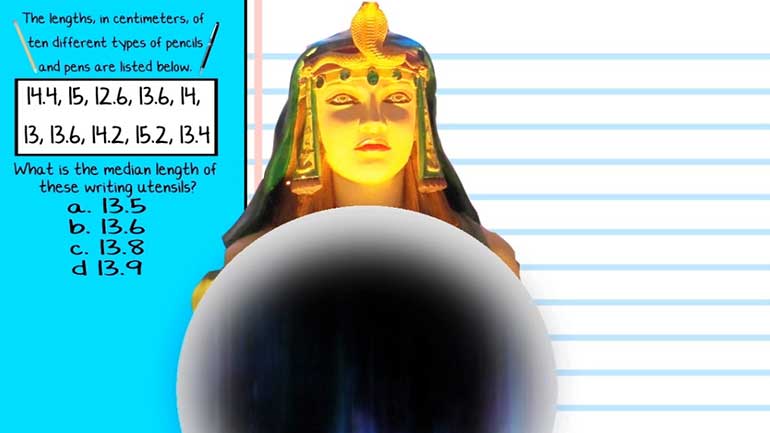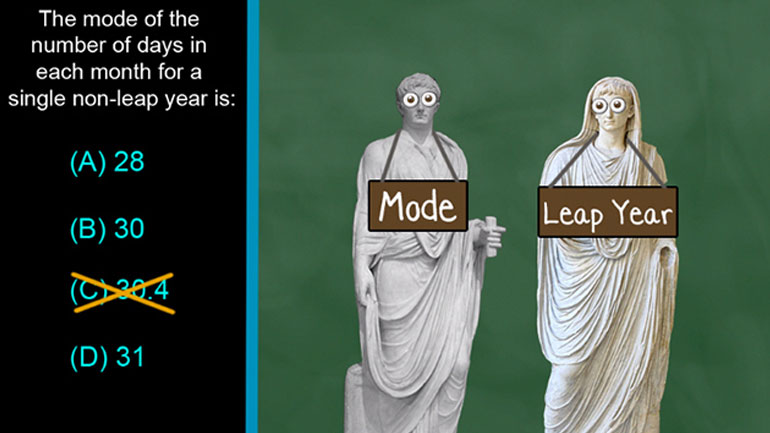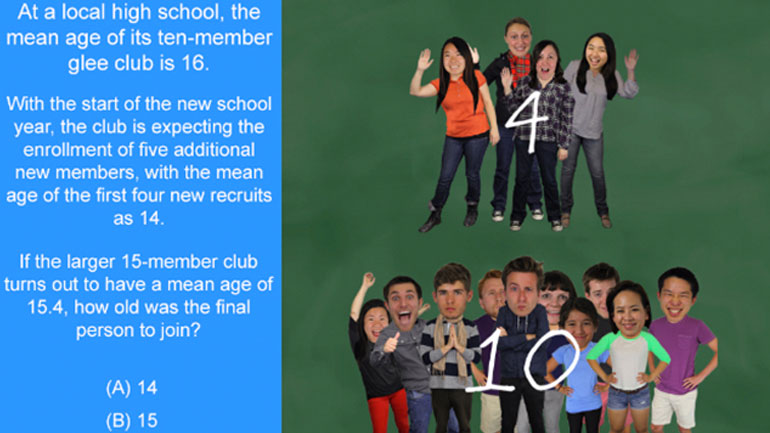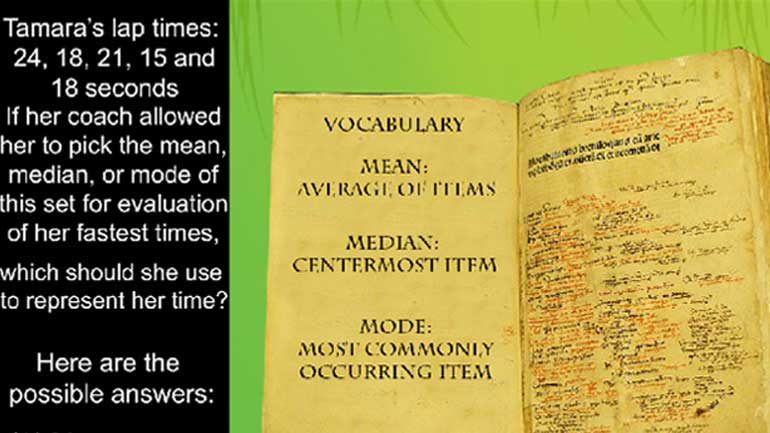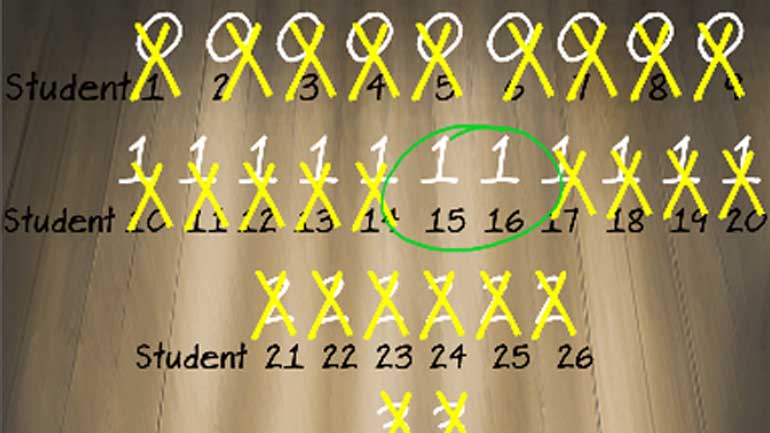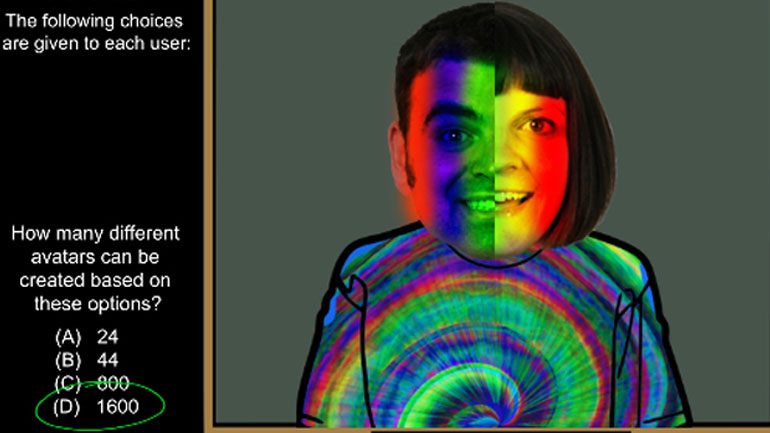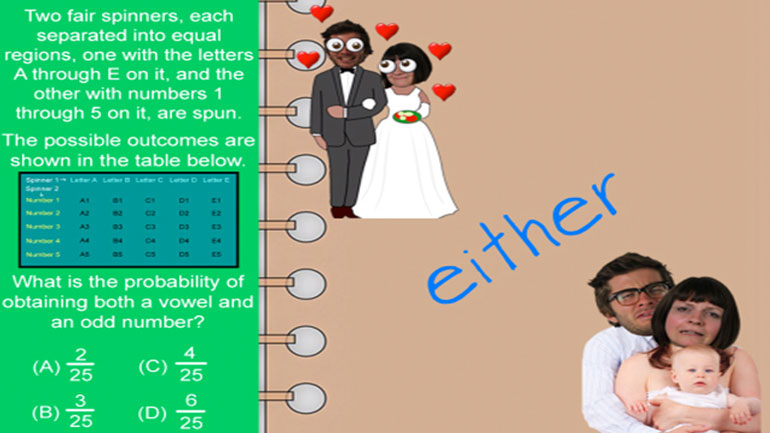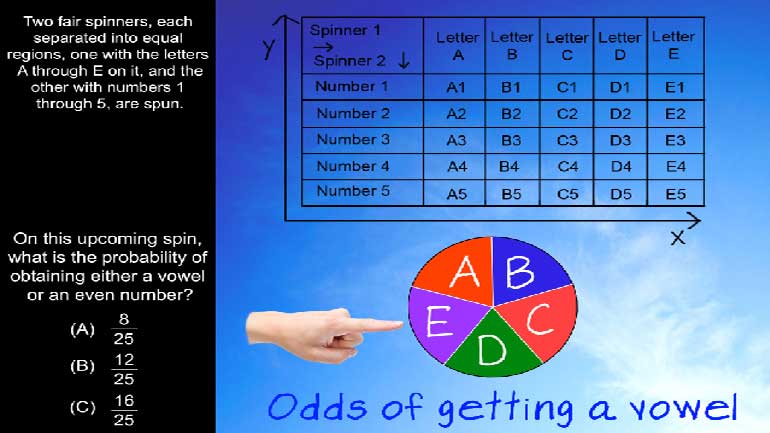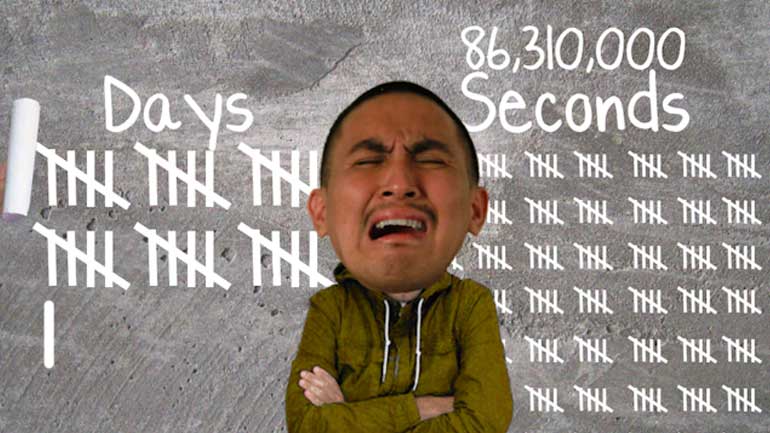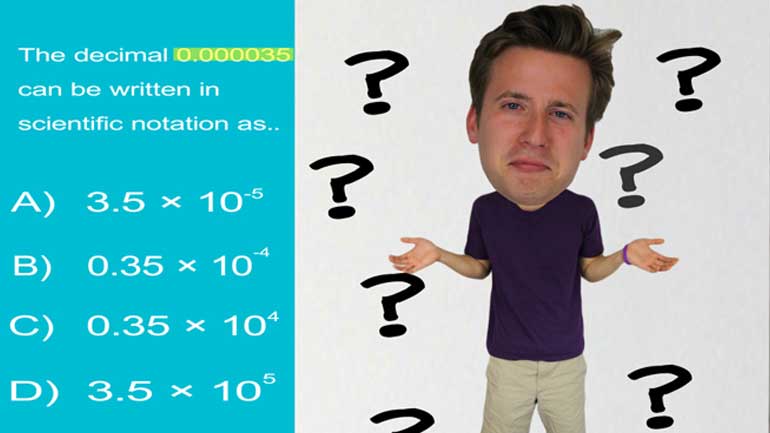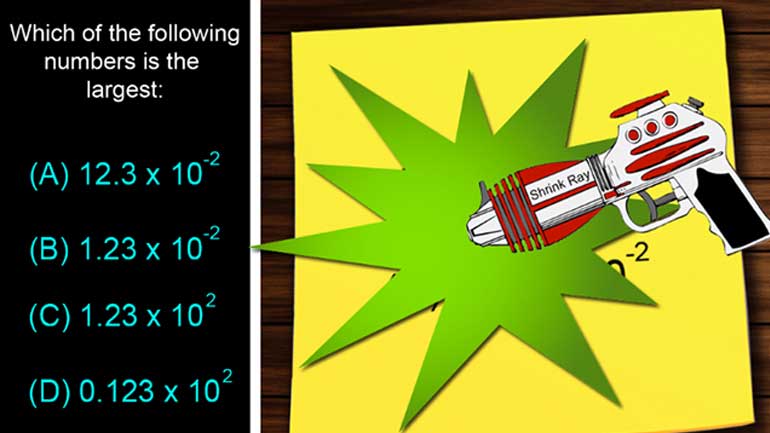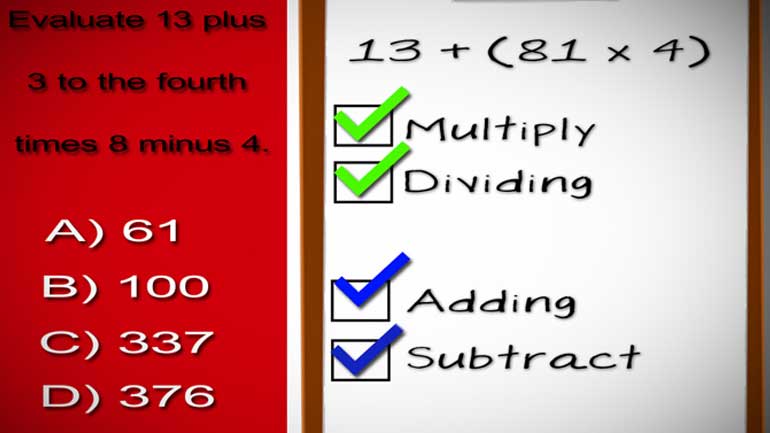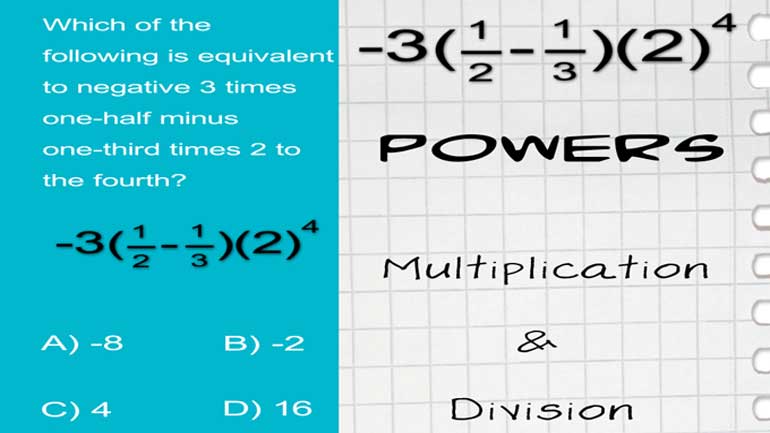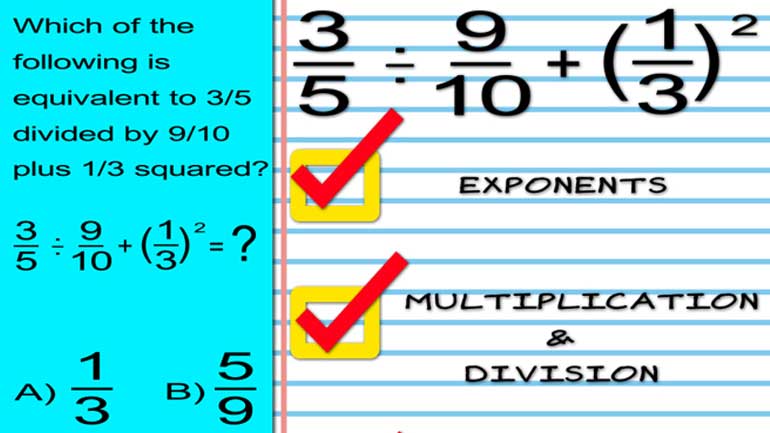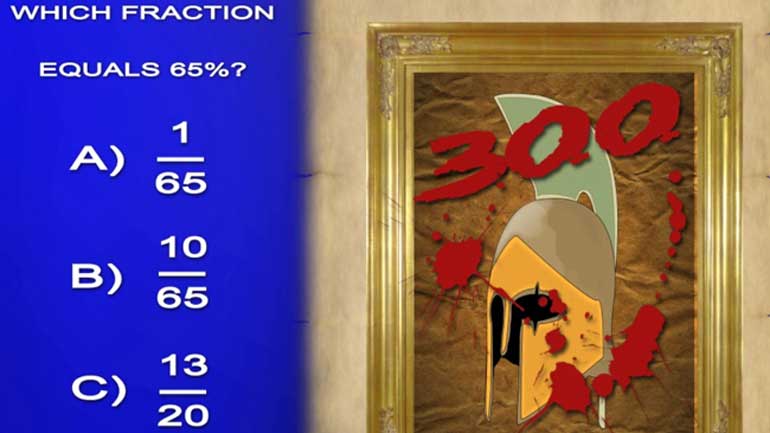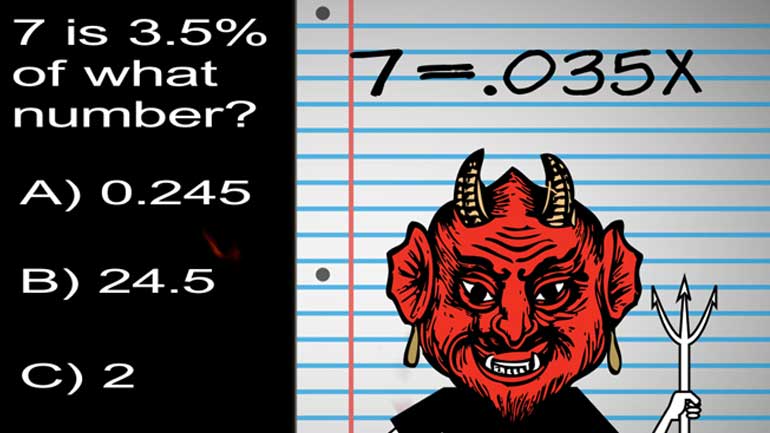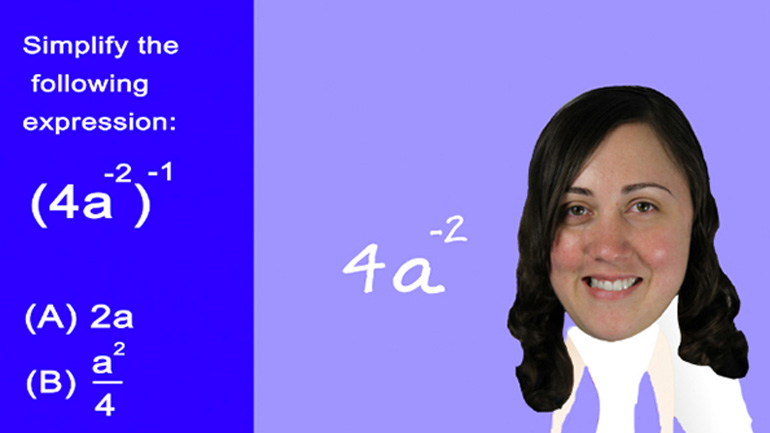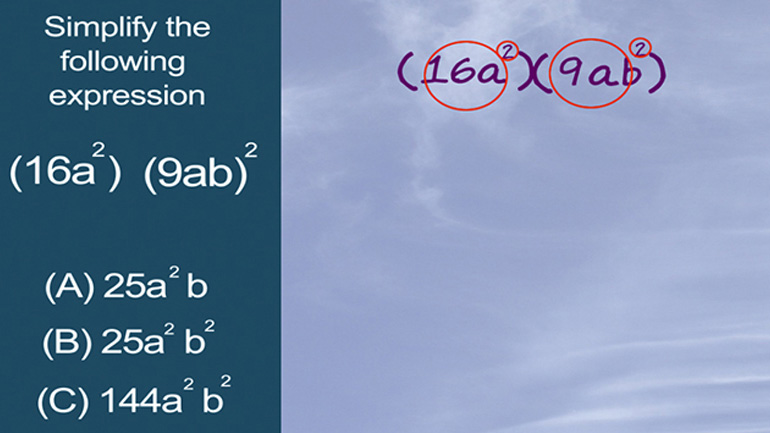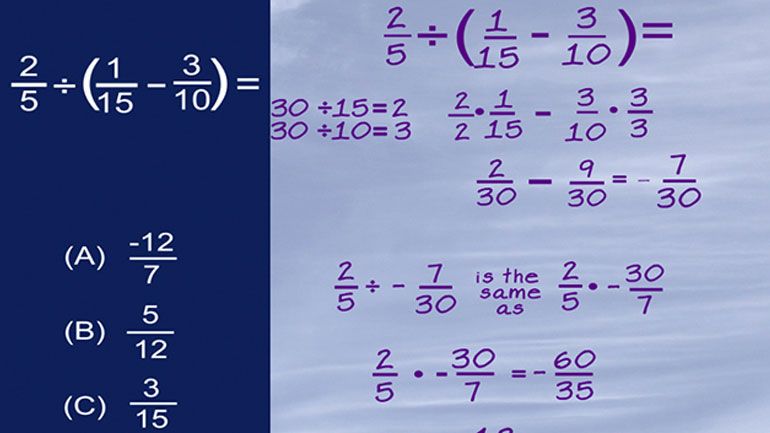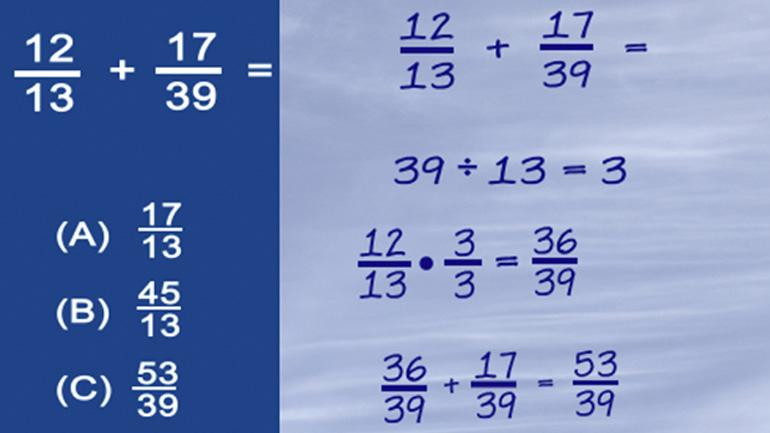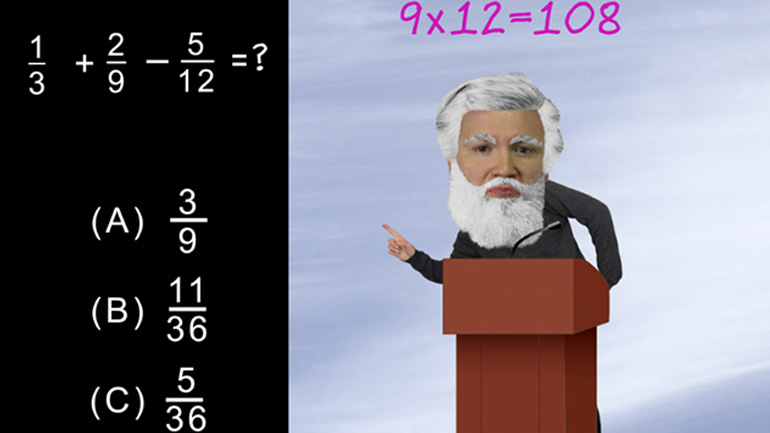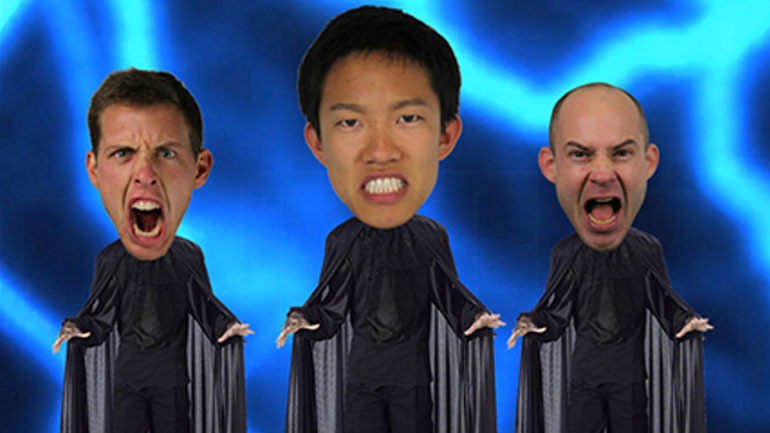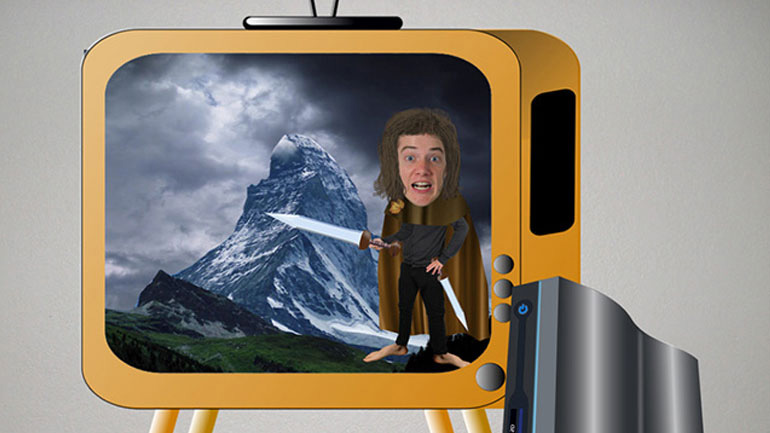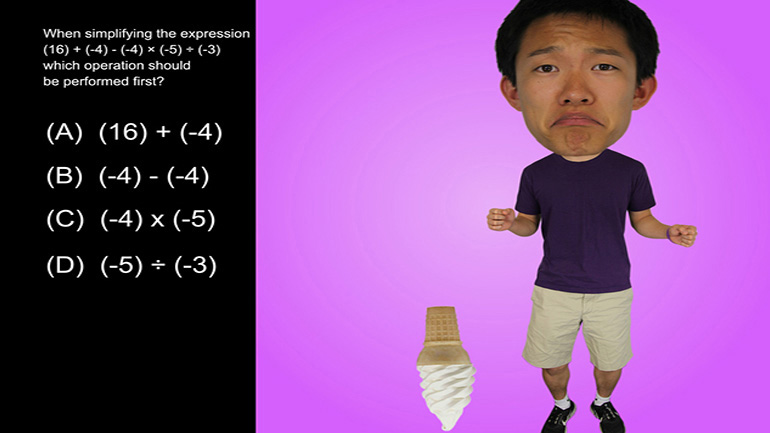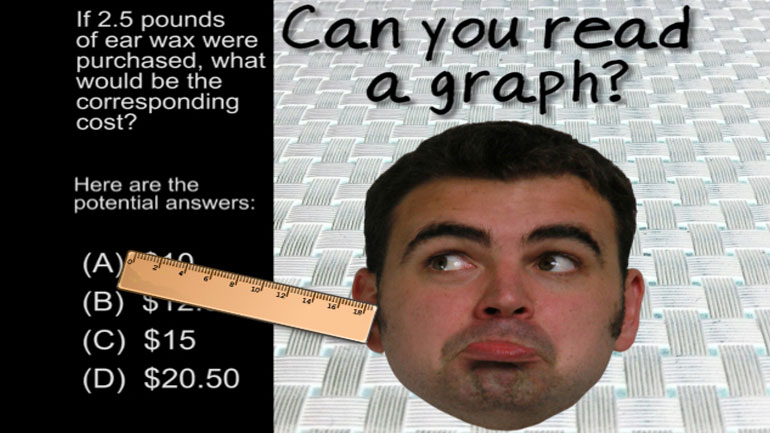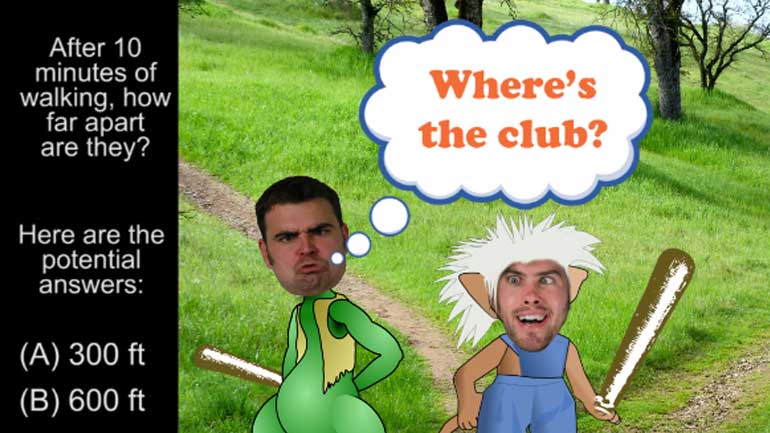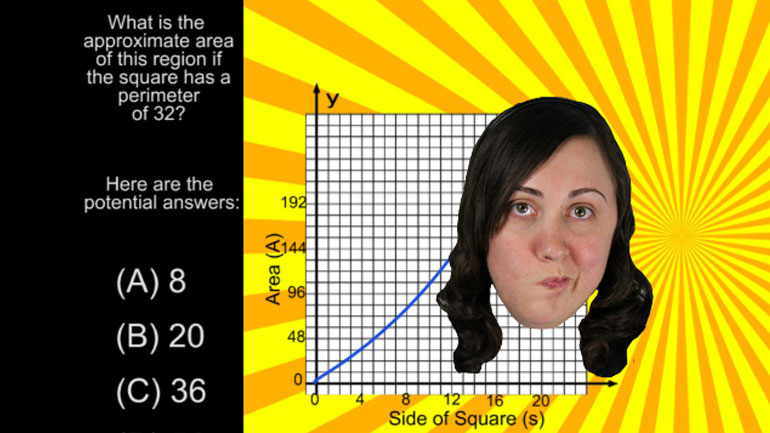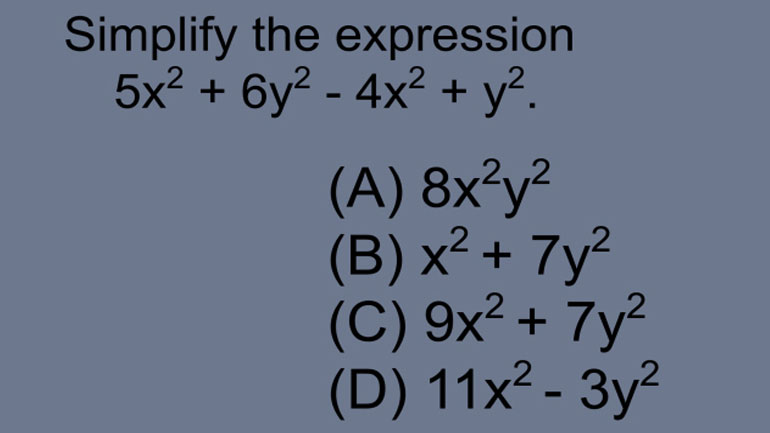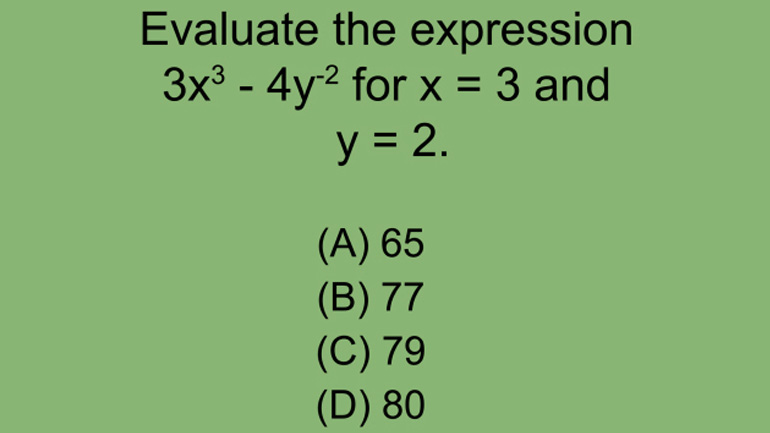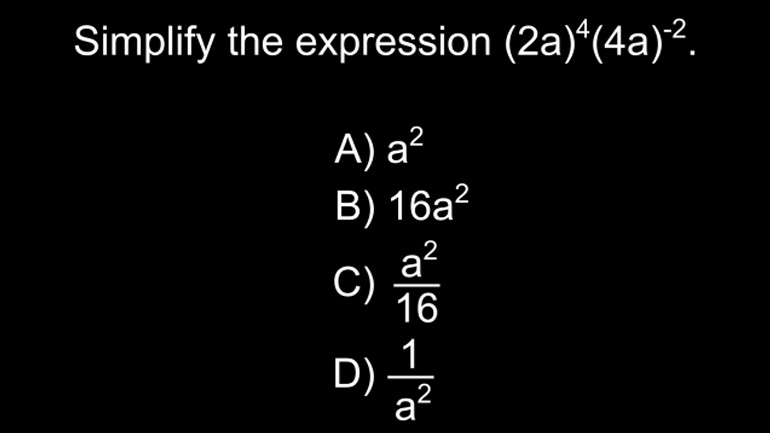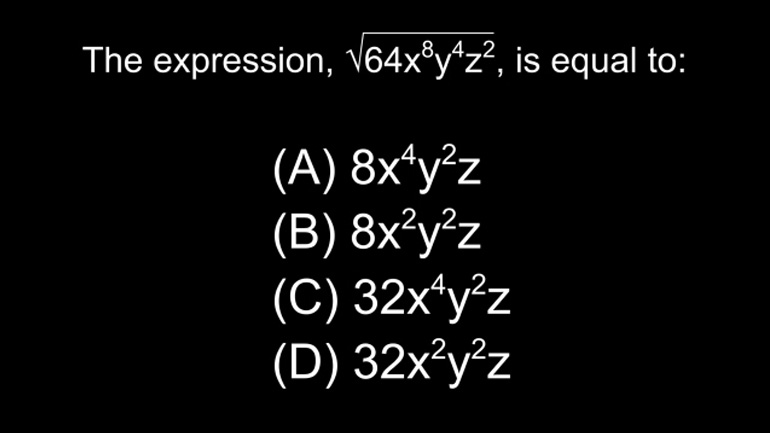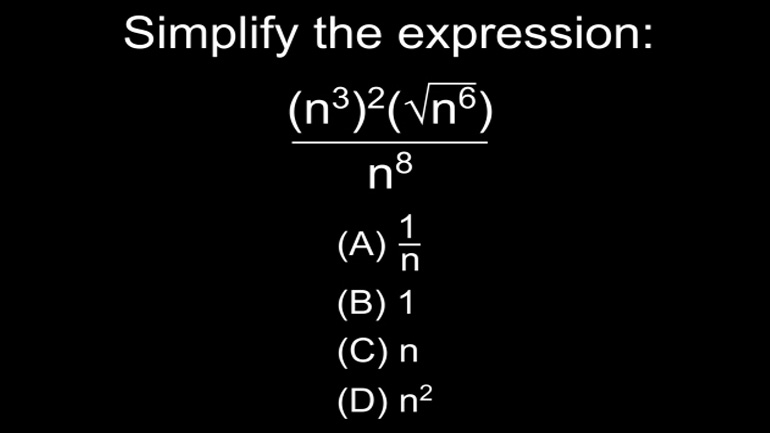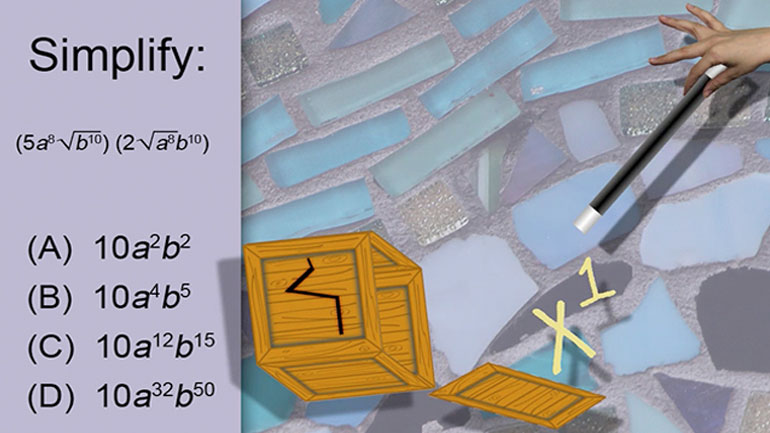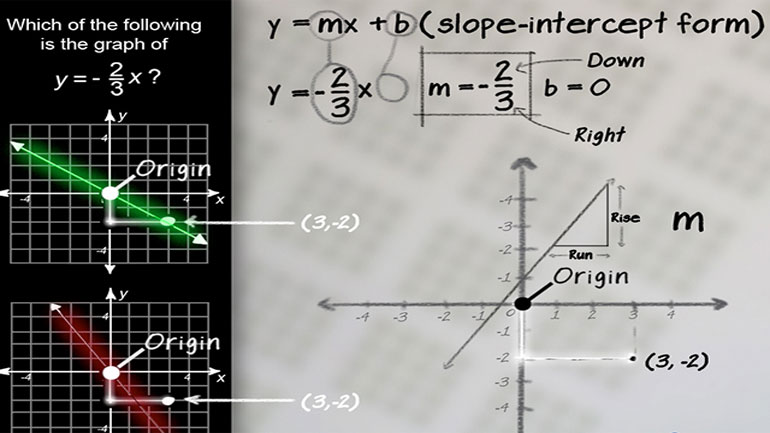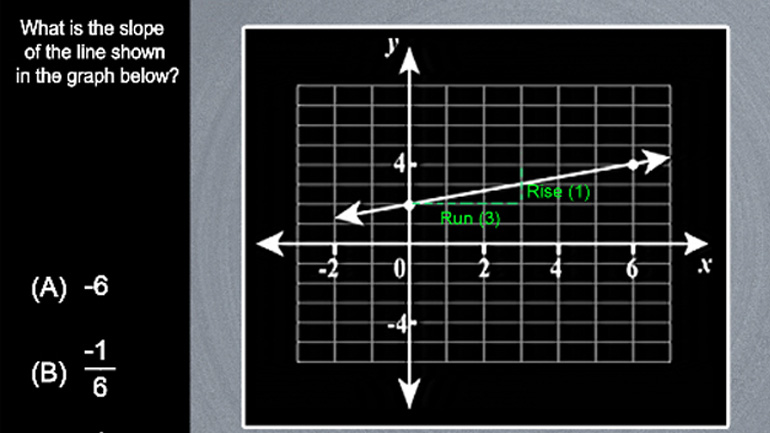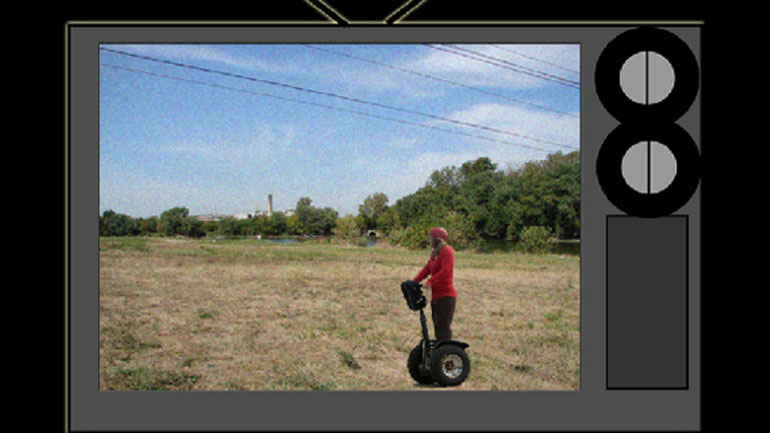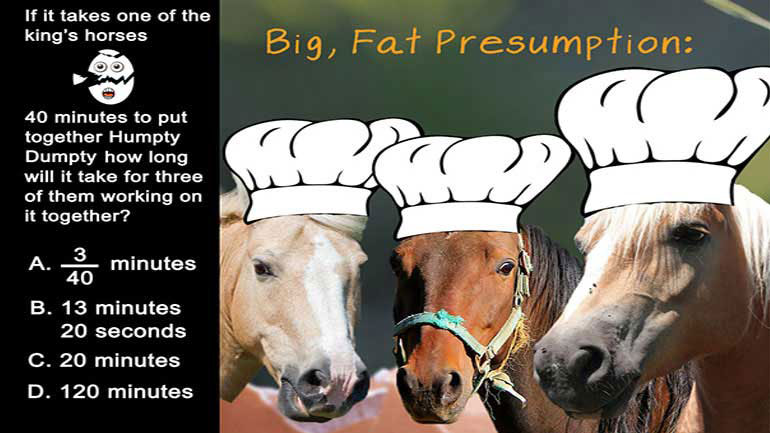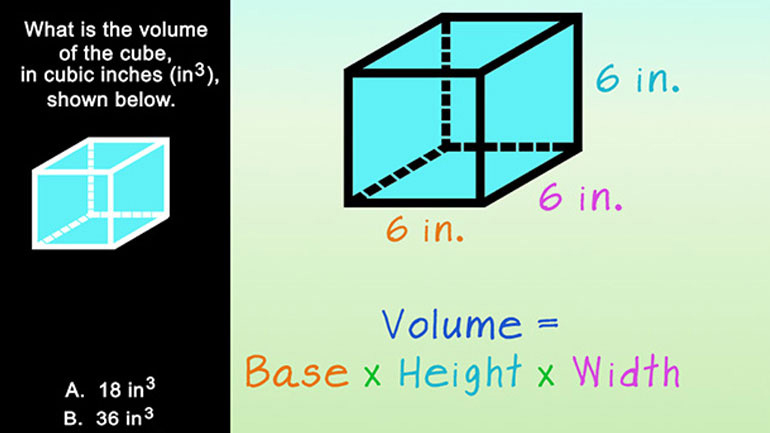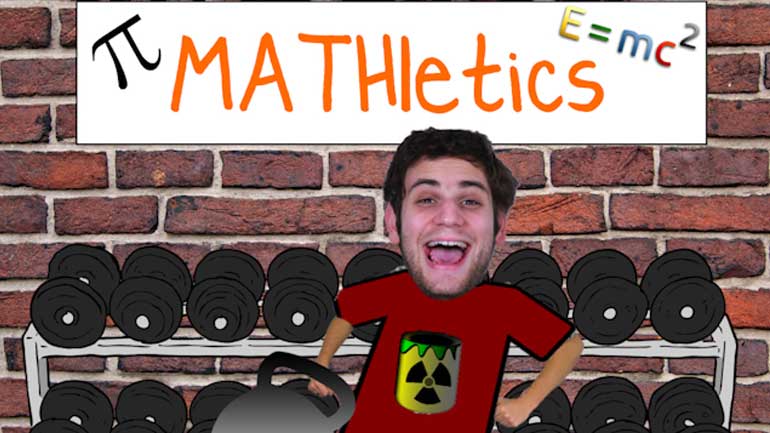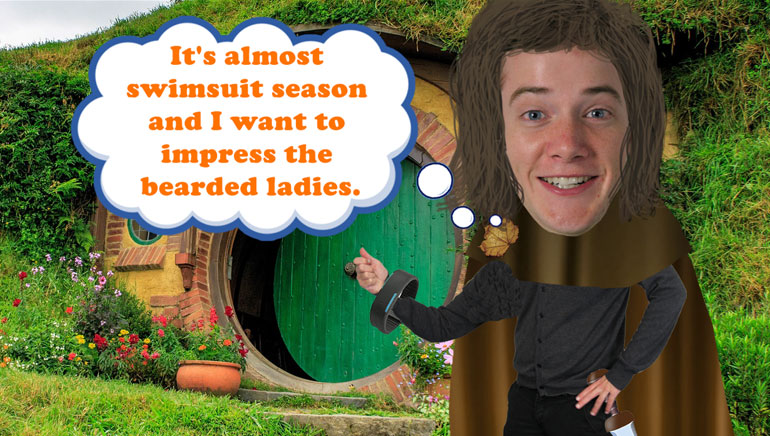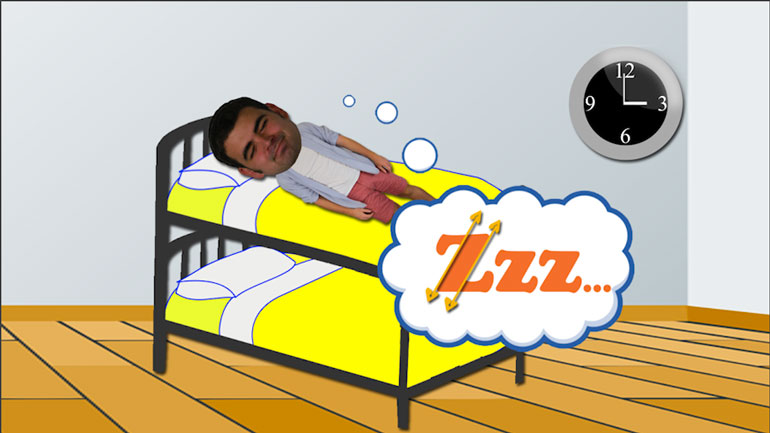ShmoopTube
Where Monty Python meets your 10th grade teacher.
Search Thousands of Shmoop Videos
CAHSEE Math Videos 210 videos
CAHSEE Math: Algebra and Functions Drill 5, Problem 3. Solve the equation.
Statistics, Data, and Probability I: Drill Set 1, Problem 1. What is the mean yearly salary?
Statistics, Data, and Probability I: Drill Set 1, Problem 2. What is the median length of these writing utensils?
CAHSEE Math 2.1 Measurement and Geometry 175 Views
Share It!
Description:
Measurement and Geometry: Drill Set 2, Problem 1. How far is this distance in real life?
Measurement and Geometry: Drill Set 2, Problem 1. How far is this distance in real life?
Transcript
- 00:03
Here's your shmoopy question du jour...
- 00:05
Leslie can make free throws all day from 1.5 cm away.
- 00:11
Unfortunately for her, this diagram of a basketball court is not life size.
- 00:16
A centimeter in the diagram is equivalent to 120 inches.
- 00:21
If the distance from the free throw line to the front of the rim of the basket is
Full Transcript
- 00:25
1.5 cm in the diagram, how far is this distance in real life?
- 00:31
And here are the potential answers...
- 00:36
OK, this question takes the standard conversion question one step further --
- 00:41
we have to convert drawing size... into two points.
- 00:44
Under pressure. Since the answers are all in feet, the only
- 00:48
thing we care about is feet...
- 00:50
...so since the question gives us that 1 centimeter is 120 INCHES...
- 00:54
...we have to just rethink it a bit so that 1 centimeter equals 10 feet.
- 00:59
Because there are 12 inches in a foot... or 120 inches in ten of 'em.
- 01:05
So to get the free throw distance we take 1.5 and multiply it by 10 feet...
- 01:10
which gets us 15 feet.
- 01:12
And the answer is C.
Related Videos
CAHSEE Math: Algebra and Functions Drill 5, Problem 3. Solve the equation.
The video will show you how to plot points in 3D using the axes of the 3D coordinate system. Make sure you're wearing your special glasses for this...
When graphing inequalities, you graph the line, shade the corresponding side, and plug in the point. The end!
One formula to rule them all, one formula to find them. One formula to bring them all, and in the darkness bind them. Or something like that. I...


